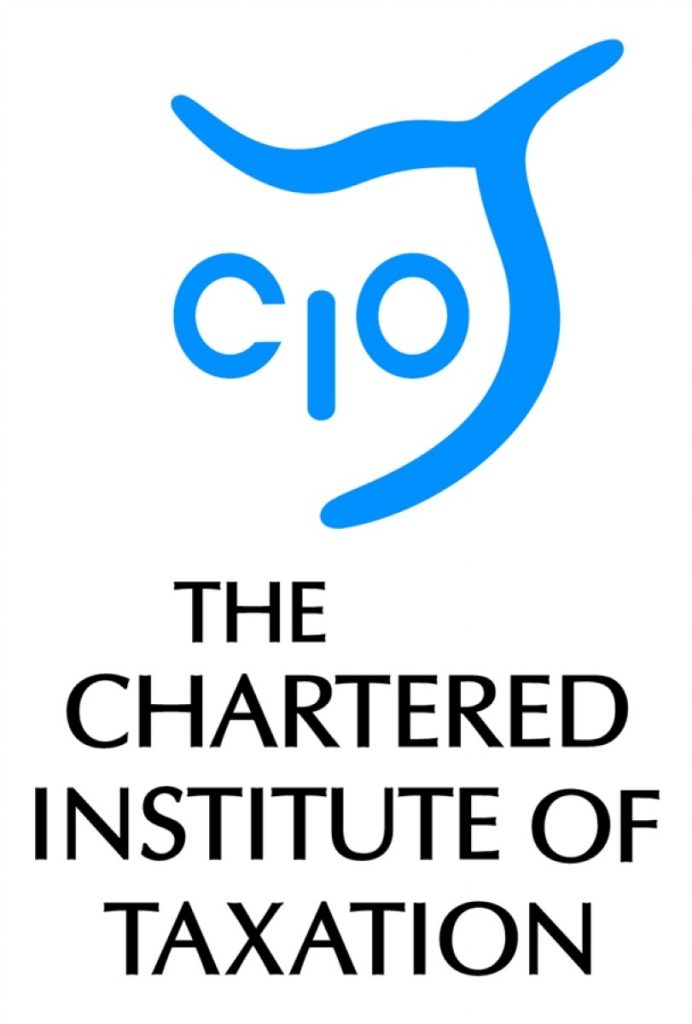CIOT: Low Incomes Tax Reform Group: Childcare vouchers debate – campaigners issue warning
Following yesterday’s announcement by the government on tax relief for childcare vouchers, campaigners for people on low incomes have warned that many people are losing out by taking up vouchers when they would be better off taking up tax credits.
John Andrews, chairman of the Low Incomes Tax Reform Group (LITRG), said:
“The Low Incomes Tax Reform Group has regularly raised concerns over the way childcare vouchers are sometimes taken up by people who would be better off claiming tax credits. Vouchers may seem attractive but, tax-exempt or not, by taking them up some low paid people are ending up out of pocket, because of the complicated way in which they interact with tax credits. This can particularly arise with salary sacrifice arrangements.
“This is because, firstly, parents cannot claim childcare support through tax credits on childcare costs covered by the vouchers. For example, if you have childcare costs of £155 a week and get vouchers of £55, you can only claim your eligible childcare costs as £100 for tax credit purposes. Although taking the vouchers gives some national insurance and tax gains, you lose the 80% subsidy that comes with tax credits. Therefore parents must do a complicated calculation to see which is better for them.
“And second, parents must tell HMRC if they start to get childcare vouchers because it will mean their eligible childcare costs are likely to have changed by £10 a week or more. Failure to do so can mean large overpayments are created, which HMRC will try to recover, and a possible penalty of £300 for failure to report a change of circumstances.
“There is precious little information to help people make the right choice between vouchers and tax credits. Both the Government and the voucher companies are failing to provide people with the information they need to make the right decision for themselves.
“Whatever decisions are made by the Government about tax relief on vouchers we think one of the most important steps needed is for HM Revenue and Customs to ensure that the tax benefits are clearly and simply spelled out to all those considering taking up childcare vouchers.”
“No-one should be left worse off if they take childcare vouchers under whatever regime is put in place by the government.”
Notes
1)Since 2005 LITRG have written no fewer than 7 articles warning parents about the complexities of childcare vouchers and why, despite the fact that the savings may look impressive, many parents are better off not taking them. The most recent can be read here
2)Employers can offer favoured childcare vouchers of up to £55 a week to employees. These vouchers can then be used to pay for certain types of childcare. Generally this is done by exchanging part of an employee’s cash salary for the vouchers (called a ‘salary sacrifice’), although some employers may offer vouchers on top of an existing salary. The benefits of the scheme for employees are that the vouchers can be taken free of income tax and Class 1 National Insurance Contributions, whilst the employer benefits from a NIC saving as well. This can mean significant savings, principally for higher rate taxpayers.
Although not a comprehensive list, the following categories of people are most likely to benefit from taking childcare vouchers:
People who pay a significant amount of tax at 40 per cent on their income, both before and after accepting vouchers.
People whose childcare costs exceed £175 per week for one child or £300 for two or more children.
Couples whose joint income is too high to benefit from the childcare element of working tax credit.
People who are not entitled to claim working tax credit, for example, because their hours worked are too low or because they are subject to immigration control.
People whose employer is only prepared to give an increase in pay by means of childcare vouchers with no cash alternative.
However, these are not absolute rules and are still subject to some exceptions. For everyone else, the only way to know what to do is to perform a difficult calculation.
3) The HMRC website contains a great deal of information on childcare vouchers
4) The Low Incomes Tax Reform Group (LITRG) is an initiative of the Chartered Institute of Taxation (CIOT) to give a voice to the unrepresented. Since 1998 LITRG has been working to improve the policy and processes of the tax, tax credits and associated welfare systems for the benefit of those on low incomes.
5) The CIOT is a charity and the leading professional body in the United Kingdom concerned solely with taxation. The CIOT’s primary purpose is to promote education and study of the administration and practice of taxation. One of the key aims is to achieve a better, more efficient, tax system for all affected by it – taxpayers, advisers and the authorities.
George Crozier
External Relations Manager
D: +44 (0)20 7340 0569
M: +44 (0)7740 477374
The Chartered Institute of Taxation
Registered charity number 1037771
www.tax.org.uk





-01.png)